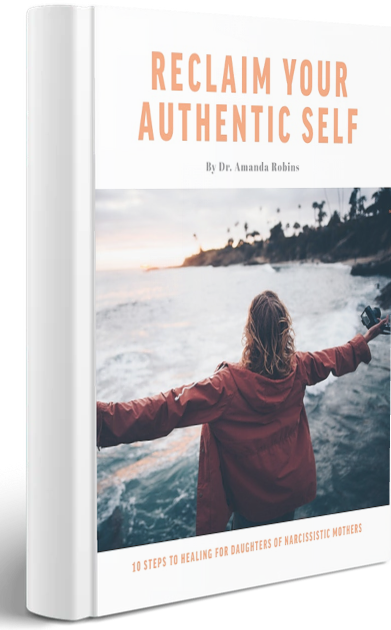I had to get out.
I found myself rushing through peak hour traffic to catch a tram. My heart was pounding, pulse racing - I thought I was going to die.
The feeling of being out of control, that my body wasn't going to survive this adrenal onslaught, that I was having a heart attack, escalated my fear and desperation. I wasn't in physical danger, but I was absolutely terrified and focussed on escape, more so than on the basics of road safety and taking time to cross the road at the lights.
I was having a panic attack.
It was my first and most bewildering experience of overwhelming anxiety.
For many Australians this might be just one of many experiences of anxiety and the crippling sensations and fear that are its unwelcome companions.
Some young people live beside anxiety everyday. "One in six young Australians currently has anxiety. This equates to 440,000 young people, aged 12-17, who have experienced anxiety in the past 12 months.
Young people with anxiety might feel anxious, on edge or worried most of the time. Feeling overwhelmed or frightened is also common. They may experience a range of physical symptoms as well, such as a racing heart, butterflies in the stomach, muscle tension, shaky hands or perhaps feel nauseous.
Often people don’t recognise or understand that they are experiencing anxiety and that it is quite common. Sometimes it can get mistaken for other things, including stomach problems, heart problems or other physical ailments.
Despite the prevalence of anxiety, there are strong indications that stigma still exists amongst young people. A beyondblue survey of 600 young people across Australia revealed the strongest barrier to seeking help remains other people’s judgment; four in five Australian teenagers may not seek support when they are experiencing depression or anxiety because they are worried what other people will think." From Mindmatters.
Despite the good work done by organisations such as Beyondblue and headspace and the difference made by celebrities and sports stars talking openly about their struggles with mental health, there still remains some negative stereotyping around common mental health conditions like anxiety and depression. Its not the image of youth or young people with which we like to identify.
But there is no shame in suffering from anxiety.
Anxiety is a part of the human condition - all of us experience it at some time in our lives.
Its when anxiety gets in the way of us doing the things that we want to do that it becomes a real problem. It might stop us from socialising or going to parties, taking risks, doing new things, meeting new people, joining a team or learning a new skill.
We learn to dread the unpleasant and debilitating feelings and bodily sensations we associate with anxiety and can start to avoid situations where we might experience them.
This works in the short term, but in the long term it can make things worse because we don't get to have the experience of successfully managing anxiety or of doing something that might seem scary, but in the end turns out OK.
Most of the time the bad things we were expecting to happen don't happen, but if we avoid doing something that means a lot to us because we are feeling anxious, then we never have the experience of managing the anxiety and performing (or going on a date, turning up at a party or trying something new) anyway .
Growing up, we learn to manage anxiety through good modelling and through containment, validation and naming our feelings.
Our parents teach us how to understand what we are going through, put a name to it and help us to self-soothe. They let us know that it is something all humans experience and that it won't destroy us - even though there might be times when we feel like it will.
Its hard to make anxiety go away just by wishing it wasn't there. Mindfulness, meditation, being physically active, sleeping well, doing the things that we enjoy, and taking small steps towards our goals can help us.
Focusing on what we really want out of life and working towards that rather than focusing on our anxiety and fears can show us the way forward.
We can learn to live alongside our anxiety and in the process of living it diminishes and ceases to control our lives.
Psychotherapy Can Help Free You
Psychotherapy can help you manage anxiety in several ways.
1.Psychotherapy provides a containing space where your anxiety is met with empathy and understanding.
2. Psychotherapy can help you to explore what is really going on for you when you are experiencing anxiety.
3. Psychotherapy can allow you to recognise the signs that you are anxious (including the bodily states and symptoms) and to become more understanding towards your own vulnerabilities.
4. Psychotherapy can help you understand the emotions underlying anxiety and why you may have developed anxiety.
5. Psychotherapy can allow you to experience anxiety and understand that it will not destroy you. It can encourage you to follow your own values and life goals (and to work out what they are!) whilst also experiencing any accompanying anxiety, knowing that it will diminish with time and experience.
6. Your therapist can also help you by modelling good ways of managing anxiety and by being a containing presence in the face of your anxiety.
















Parentification happens when a child is pushed into adult roles—emotionally, practically, or both—long before they are ready. This article explains how parentification develops, why it is common in narcissistic families, and the lasting impact it has on self-worth, boundaries, and adult relationships.